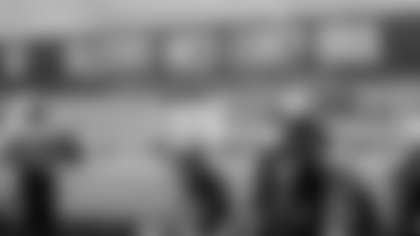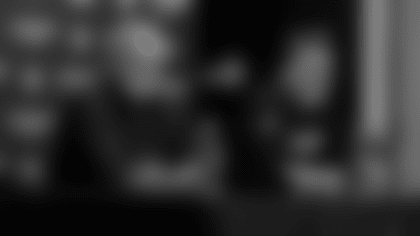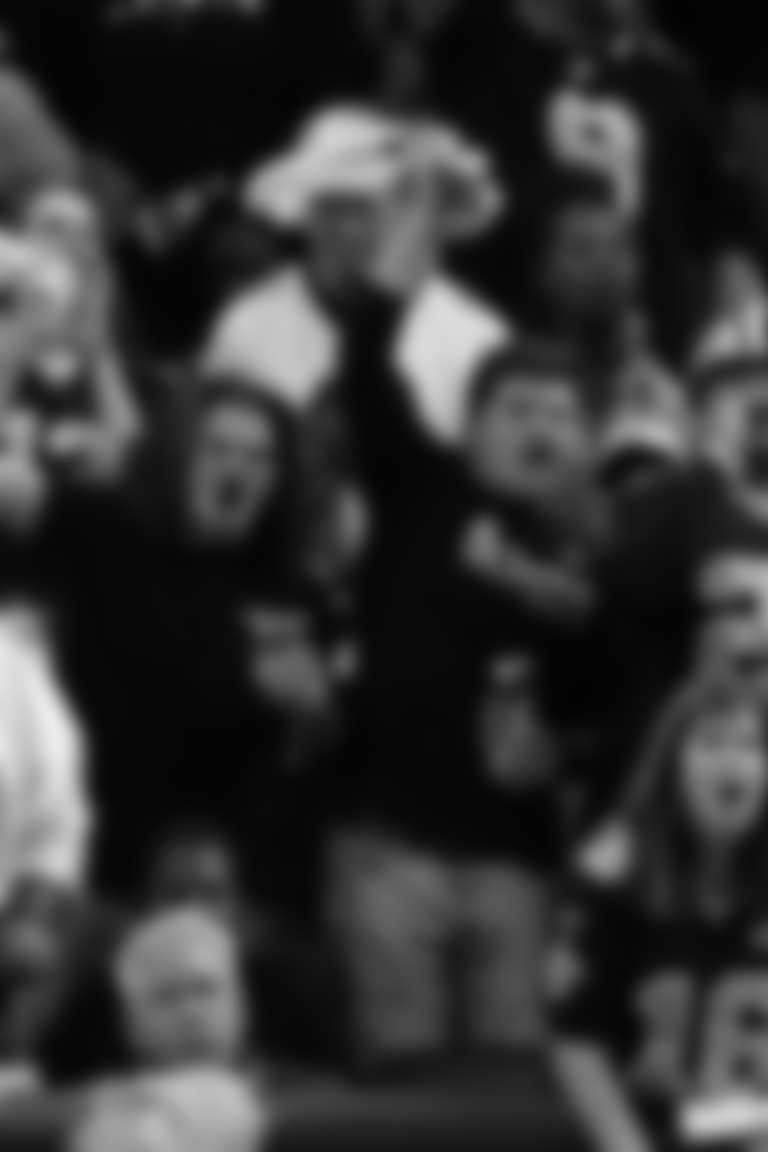Take a look at Head Strength & Conditioning Coach Dan Dalrymple in action as we highlight the New Orleans Saints coaching staff on the sidelines.
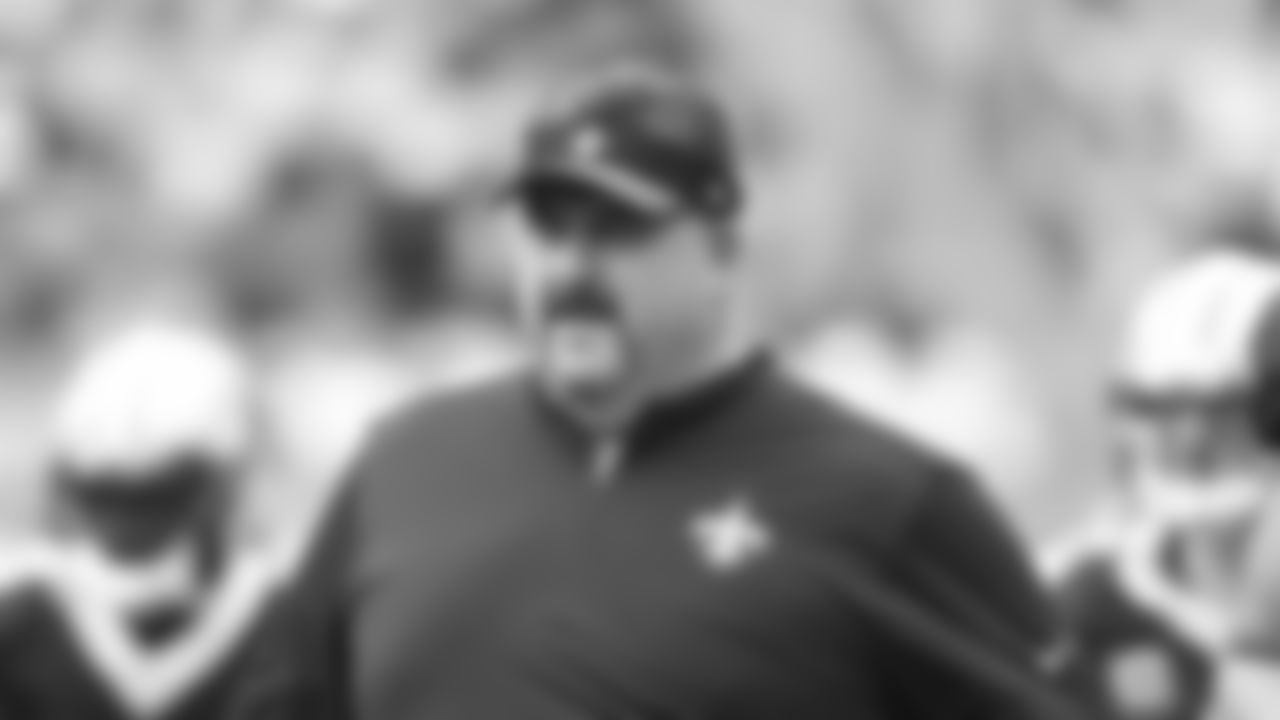
Take a look at Head Strength & Conditioning Coach Dan Dalrymple in action as we highlight the New Orleans Saints coaching staff on the sidelines.

Take a look at Head Strength & Conditioning Coach Dan Dalrymple in action as we highlight the New Orleans Saints coaching staff on the sidelines.
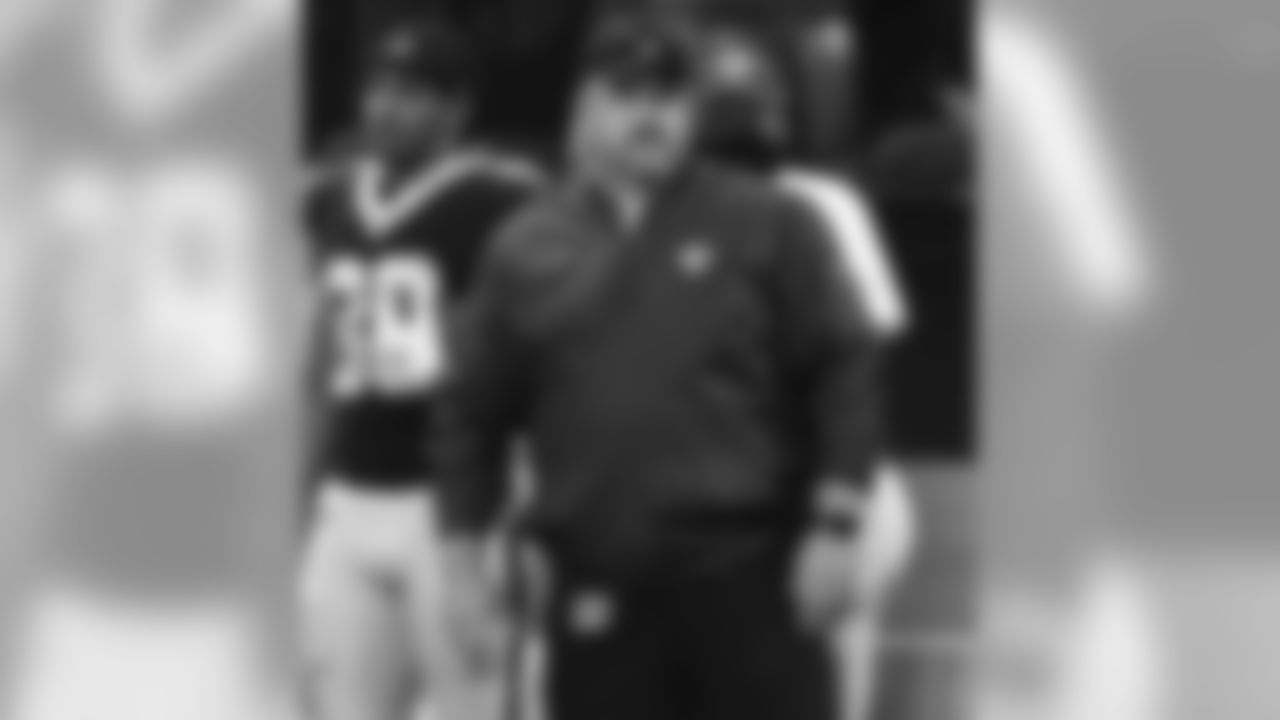
Take a look at Head Strength & Conditioning Coach Dan Dalrymple in action as we highlight the New Orleans Saints coaching staff on the sidelines.
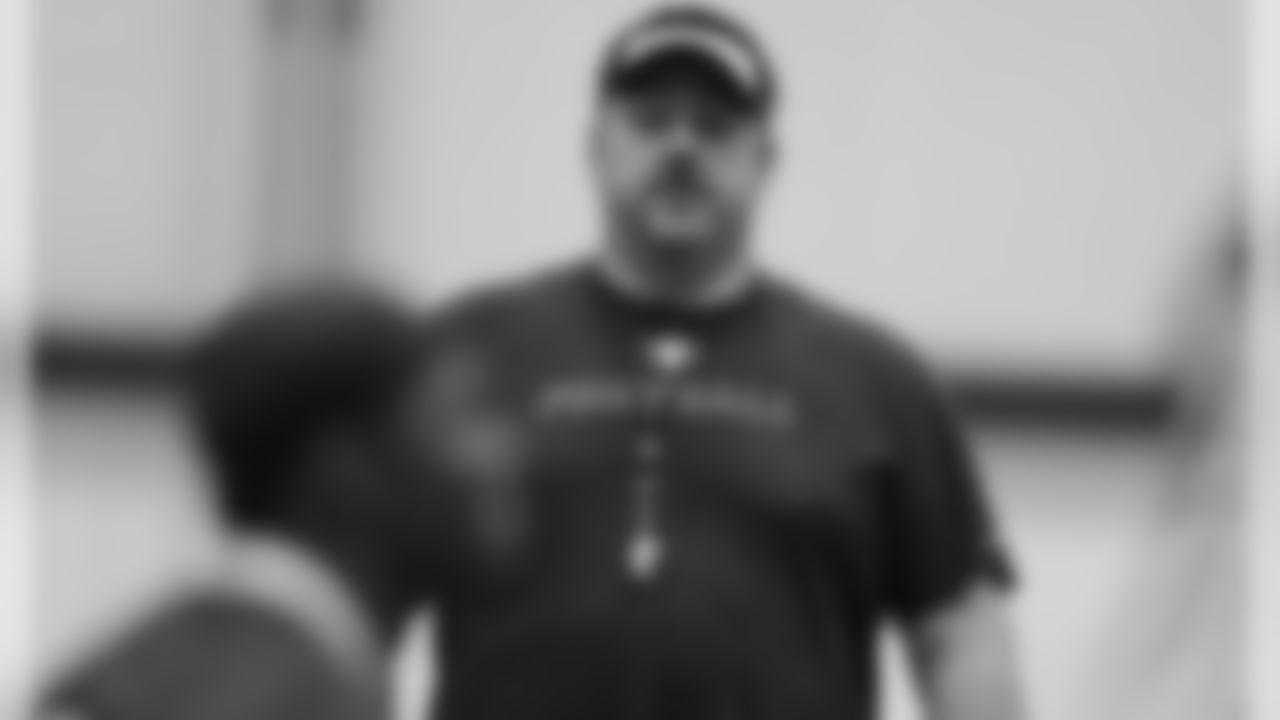
Take a look at Head Strength & Conditioning Coach Dan Dalrymple in action as we highlight the New Orleans Saints coaching staff on the sidelines.

Take a look at Head Strength & Conditioning Coach Dan Dalrymple in action as we highlight the New Orleans Saints coaching staff on the sidelines.

Take a look at Head Strength & Conditioning Coach Dan Dalrymple in action as we highlight the New Orleans Saints coaching staff on the sidelines.
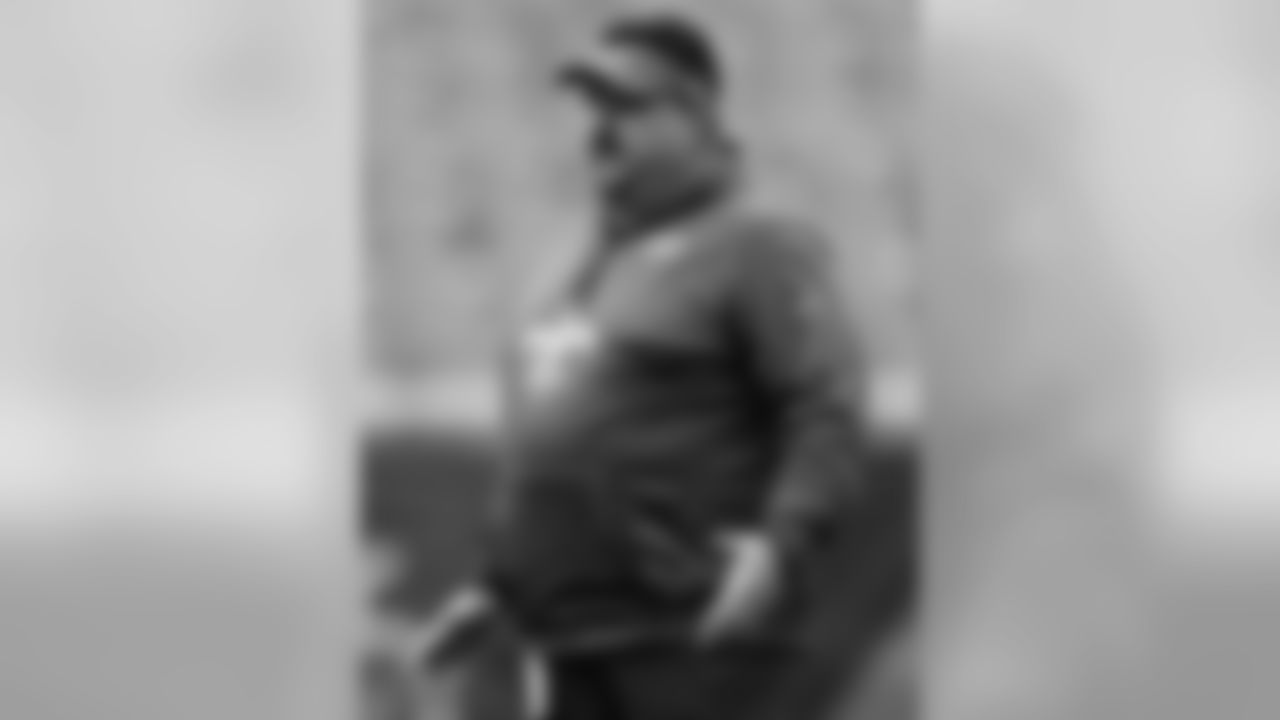
Take a look at Head Strength & Conditioning Coach Dan Dalrymple in action as we highlight the New Orleans Saints coaching staff on the sidelines.

Take a look at Head Strength & Conditioning Coach Dan Dalrymple in action as we highlight the New Orleans Saints coaching staff on the sidelines.

Take a look at Head Strength & Conditioning Coach Dan Dalrymple in action as we highlight the New Orleans Saints coaching staff on the sidelines.

Take a look at Head Strength & Conditioning Coach Dan Dalrymple in action as we highlight the New Orleans Saints coaching staff on the sidelines.
For the 15th straight year, Dan Dalrymple enters the season as the New Orleans Saints' head strength and conditioning coach. Behind the scenes, yes. But Dalrymple has been tasked with creating innovative, individualized workout programs for Saints players that have allowed New Orleans to navigate through the nuances of an NFL season. In 2019, the Saints had a three-games-in-12-days stretch – with two of the games on the road – in which New Orleans won all three games. Strength and stamina have been a staple of the program since Dalrymple was hired.
Q: How has this been for you, especially being the strength and conditioning guy, and you're so accustomed to having guys face to face and being hands on? Have you had to email them what you wanted to do or how has the process worked for you?
Dalrymple: That's exactly what we had to do. It's difficult. It's a big change up. There is an art and a science to being a strength and conditioning coach. The science is pretty easy in terms of sending out an email, the workouts, the sets and reps and the exercise you want to do, but not being able to physically watch and spot guys and get feedback from them in terms of what they need makes things very, very challenging. And just the whole idea of the communication with the different technologies that are available and things like that was a big adjustment for us. But I think we did as good a job as could be done with the situation that we're under.
Q: Are players sending you videos to chart progress? Or how is that? I guess the guys who might have a little tendency to retain water, you might want to see it a little bit more?
Dalrymple: It turns out that no matter what, (whether) one of the players are on campus or they're at home or whatever, it is a voluntary offseason program. And so you really can't require guys to do specific things. Like, we asked the guys to send back notification of their body weight and the number of days that they worked out in the week. And that was more for some of the guys that have contractual bonuses structure, and some guys want to be paid, be compensated for their workouts like they would be if they're doing it here in Metairie. But in terms of getting video and stuff back, it's really difficult. Some guys were good at that and they could send it back if they wanted to so I would get videos. Mainly you get the guys that want to send, they want to show you what they're doing so they're excited about it. So I would imagine if you're a guy that might be a little heavier than you should be at this time, you're probably not going to send a video. You're going to put that aside. The videos that I did receive from some of the players were mainly a case of where they just want to show you, (like defensive back) Justin Hardee would send me videos every week and he's working hard. He's doing all this stuff. He wants to show me all that. So I could expect that. But most of it was just a case of sending me how many days they've worked out, any questions that they had, or if they had some issues with equipment, if there's anything we could do to help them try to obtain some things that they needed to complete the workouts. That was it. It was kind of a sight unseen, so to speak.
Q: Is there a fairly strict adherence to what you're hoping or are you having to look at some of these and telling them, 'Guys, I don't know if you ought to be doing that'?
Dalrymple: The biggest thing where you see stuff where you're worried about if they should be doing something, is some of the things that get posted on social media. So they're not sending that back to me, but then (assistant strength and conditioning coaches) Charles Byrd and Rob Wenning will follow a lot of the guys on social media and they would send me a message of, hey, look at this, see what this guy is doing or what that guy is doing. Every once in a while you reach out to him, but that's no different than any other offseason where we'll get some crazy stuff that guys do. But our guys, what we try to do as a program is bring in guys that are hard-workers, guys that are intelligent, guys who are passionate about their sport and about being football players and passionate about the game. And so for the most part, that allows us to have quite a bit of trust in these guys. And especially our returning players, we know what they're all about. We hope that the new guys that you bring in, both veterans and rookies, follow that same pattern. It's a leap of faith, so to speak, but I think it is something where we had an educated guess, knowing the type of guys we have on our team.
Q: Did you have to create some kind of off-the-wall stuff for guys who didn't have access to equipment or the typical strength training stuff they would usually have?
Dalrymple: We did, which would be different than when we write workouts that are going to be done here in our facility, we write it specifically for all the equipment that we have available. There were some guys that were able to get into a gym maybe even when the gyms and things might have been closed in their area, maybe they have their own workout gym in their house or they had a friend or someone they could use, or they could get into a gym that maybe they had some access to. But you never know exactly what guys have. We reached out to all of our players and we asked them kind of a general idea of what they had and then when I designed the workouts, I do everything on Microsoft Excel. And so what I did was I put together a workout that had some dropdown lists and some categories. And so there's some different things that you could do – barbells, dumbbells, exercise bands, cable. Guys could kind of tailor the workout a little bit, their body weight stuff, in different variations for every single exercise we did. So the guy could look through that and go, OK, I can do this in this situation. Sometimes the guy might reach back out to me and say, hey, how can I do this? And I would say, well, here's a substitute for you. So I wouldn't say we did anything that you would look at and go, whoa, that's revolutionary, but we just had to have a lot more variation in how guys were going to perform the exercise that we want, because there's certain motions that you are training to be a football player. And sometimes there's a million different ways you can do that. We just tried to portray that to our team so players could pick that. I tried to guide them in that so that if they clicked on that little drop down list, they would have a choice of 10 or 15 different things that they might be able to do – sometimes fewer, sometimes more – but they could tailor it to them.
Q: I realize it's kind of impossible to answer this without actually seeing the guys in person, but I imagine as a football player, you're trying to build a certain physique that might be tough to accomplish without access to weights. Have you had to kind of talk guys through maybe some trepidation around that?
Dalrymple: Yeah, but you know what, I'm old enough to remember that there was a guy in the NFL who had a pretty good physique and the story of him was all he did was pushups and situps – Herschel Walker. If you go back to that, there's a lot of stuff that you can do because you're also dealing with NFL football players. They are the top percentage of genetic specimens in our country or in the world. These guys can do some pretty spectacular things with some basic equipment if they're willing to work hard. There are situations, I'm sure that guys created dumbbells with milk jugs full of water, sand and those kinds of things. You hear those stories. I didn't hear anything specifically from our players, but you know guys find ways to do stuff. Like I said, it goes back to just if you've got the right guys and they're hard-workers, they're going find a way. We'll find out when they return if we were successful or not, but that's no different than any year.
Q: When you see some of those workouts Alvin Kamara posts on social media, where he's doing some of that off-the-wall stuff, what's your take on that?
Dalrymple: Well, it depends on what you're asking me what Alvin is doing. Some of his balance stuff with some of that, it's interesting and there's some good things that guys are doing. And then there's sometimes where you see, there was a video a year or two ago, I guess it was a year ago maybe of Alvin, he was carrying a bunch of weight and pulling a truck and stuff like that. I got a little nervous on that. That looks a little scary so let's make sure we don't hurt ourselves here. But when you have players like that, a lot of times the test for our players is holding them back, making sure they're not doing something. I don't worry about what they're doing, unless it looks a little bit unsafe, but again, smart guys are going to know what they're capable of doing and again, you've got to trust them a little bit. But you get ideas from players too. Our guys will come in and they'll have a something they like to do and I'll look at it and go, wow, that's a great idea, we're going to incorporate some of that stuff. If a player comes to me and they're really passionate about something they did in the offseason or something they've seen and they think it works well for them, I'd be foolish not to not to try to study it and get an idea. Or maybe it's like, OK, I'm going to put my little twist on that. You've got to constantly be willing to evolve with your approach. And these are, like I said, professional football players, and these guys do this for a living. They know they have a short period of time to do it. If they've got something they think works, it's important for us to continue it.
Q: Have you given thought to how you're going to orient training whenever the facility is able to be back open, and how you're going to be able to do it safely with the guidelines in place?
Dalrymple: From a safety, from an illness standpoint, we have very strict guidelines in place looking specifically at the coronavirus and our whole entry program into the (building). The league has done a lot of work on that which is continually evolving so we get new updates from the league about how we should do things. Our medical staff's been outstanding in their hard work to try to figure out things. From a safety standpoint, I'm 100 percent sure that we will do everything that we can to keep guys safe that way. From a training standpoint, there's going to be an evaluation process when players return and we're going to be ready for some guys to be farther along than the other guys, which again, isn't necessarily always different. One thing that I have experienced here is that we run a fairly unique program, our football program, the way we practice is challenging. We get a lot of reps in, we do a lot of coaching. Players that come from other teams maybe aren't used to the volume of work that we would do in a typical practice so they have to come up to speed and, obviously, the rookies aren't necessarily prepared for that so they have to come up to speed. You have to have a plan for all of that. We are a free weight and Olympic-style weightlifting program. There are players that haven't done a power clean or anything like that since they were in college or maybe never have done it. So you always have to be ready to individually bring guys up to speed. We'll do that as it is and we'll work closely with our medical staff and we'll determine our guys (are) in shape. If they're not, what do we need to do to bring them up to catch up and we'll go from there, but you just have a plan, you work the plan and you plan for the unexpected, and that's a model that I've kind of went through. The guy I worked for in college had that motto, and I think that stands that that's going to be specifically true or especially true in this situation.
Q: How about the facility itself, do you have to prep everything to be farther away than it normally is, and have limited guys in to do their exercises?
Dalrymple: There's going to be some rules on that and that's evolving a little bit, but I think the one thing that we have that we are very lucky to have is if you've ever seen our weight room and the setup that we have, we have a very large weight room. Basically, if you put up one of our players on each one of our stations, so to speak, they're going to be socially distanced as it is. We allow basically a 10x10 area per player when the building was built. So that allows us to have a lot of players without having to be smashed into one area. Now some teams have a lot smaller weight room than we have, and then I walk out one door from one side and I go into our indoor facility and we can utilize that for some of our training. And I walk out the other side of the weight room and I'm on our grass practice fields. And so if we needed to do that, we can spread things out and we can handle a lot larger number. We probably could physically handle a larger number than what the league will eventually allow us to do at one time. So there'll be some changes a little bit, and maybe the number of lifting groups we have available during our preseason practices and then in-season. From a coaching standpoint, you'd prefer not to have too many guys at one time anyways. It's going to work out, but like I said, I think we're well-prepared with the size of just our space that we have here in our facility with our weight room and the way it's set up. Our locker room is large and spacious, our training room was just redone a couple of years ago, it's large and spacious, our team meeting rooms and all that. So we're going to be well-prepared for whatever we have to do.
Q: If you hear about more guys deciding they want to try to build home gyms for future seasons, do you think that would be an overreaction or do you think that would be a wise thing?
Dalrymple: Here's the other problem that we ran into: You'd go and try to buy (things) – the gym is shut down – everyone bought. Like normal, just regular people, not professional athletes. People bought out your typical equipment companies and you couldn't find dumbbells. You couldn't find a lot of things. You go on like, (the) Rogue site, which they're big, they make a lot of equipment for home gyms and things like that. You go through and they're sold out, sold out, sold out, sold out. So there was that. Try to buy a bicycle. There's a national shortage on road bicycles. So there's just issues there. It's not only can you not get in the gym. There will be some people that want to do some stuff, but I think there's also going to be…hopefully this gets straightened out and we don't have to deal with another pandemic in the near future. There'll be a lot of yard sales. You will be able to get some nice gym equipment because people are gonna want to go back to the regular gyms or maybe found out they did not work out as much as they thought they're going to work out as it is when they got back to the regular lives. There'll be some opportunities there for some cheap equipment, I think.






